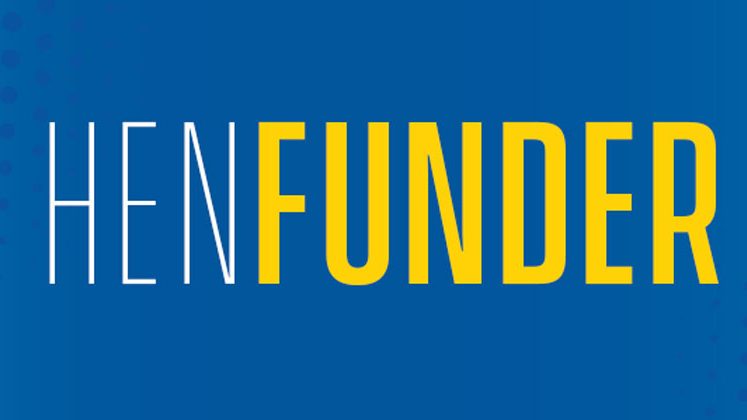
Category: Philanthropy

Estate Planning 101: Trust or a Simple Will?
Estate planning attorneys recommend Revocable Trusts over Simple Wills. Trusts are more efficient ways to provide for your own benefit (1) in case you become incapacitated, (2) to transfer assets upon death and (3) to avoid expensive probate. Using Trusts to transfer assets is not just for rich clients, but for anyone with modest wealth.
As a result, Trusts have proliferated. Setting up a proper estate plan can reduce the drama of human relationships. Ensuring the beneficiaries of your estate, whether they are individuals and/or institutions, are provided for according to your intentions (depending on future contingencies and the order of death) is more easily accomplished through a Trust.
"I need a Will" is what people often say to themselves in a crisis, before they go on an extended vacation or go into the hospital. As a practical matter both a Will and a Trust are similar in that they both name beneficiaries and fiduciaries (executors in the case of the Will and Trustees in the case of a Trust).
Everyone has a Will, but not everyone knows it. Intestacy is an estate plan by default. If you die without a Will, the state where you are domiciled has intestate statutes that set forth who is to inherit your assets. Many states provide for a half of the estate to your spouse with a life estate in the primary residence and half of the assets equally to your children.
In contrast, many people when drafting a Simple Will or a Trust designate their entire estate to benefit their spouse with their children as contingent beneficiaries upon the death of the surviving spouse. Even creating a "Simple Will" can help by naming the beneficiaries, contingent beneficiaries and guardians of minor children. One of the main drawbacks of a Will in Delaware is the avoidable two-percent probate fee. Fees vary by state.
Trusts, by comparison, are a way to avoid that probate fee. Trusts are particularly useful if you die prematurely with young children. Unlike Simple Wills, which only hold back assets until minor children turn 18, Trusts can have provisions for the benefit of minor children to provide for their health, education, maintenance and support (often referred to as "HEMS"). After turning 18, Trusts can have "sprinkle out" provisions that hold back fractions of their inheritance until children are more mature. A common provision following the death of the surviving spouse is for children to receive the health, education, maintenance and support payments with outright principal distributions to be provided one-third of the assets at age 25, half of what's remaining at age 30 and the balance at age 35.
Children can also be provided additional interim payments to start a business, pay for a wedding or buy a house. In families with special needs children, spendthrift children or children with addiction issues, Trusts can be written to be “discretionary,” allowing the trustee only to make distributions when the trustee deems appropriate.
A combination of a "Revocable Trust" and a "Pour-Over Last Will and Testament" is a great strategy for most estate plans. The Pour-Over Will only has one beneficiary, the Revocable Trust. The point is to have all your assets flow through your Trust so only one document controls who gets what. Setting up a Trust is more than just signing a document. It is important to fund the Trust during your lifetime by changing title to assets and ownership of accounts to your name as trustee to reduce or eliminate the fees and extended process of probate.
Check with an estate planning attorney to discuss the options that will best implement your intentions.
By John Legaré Williams, Esq.

